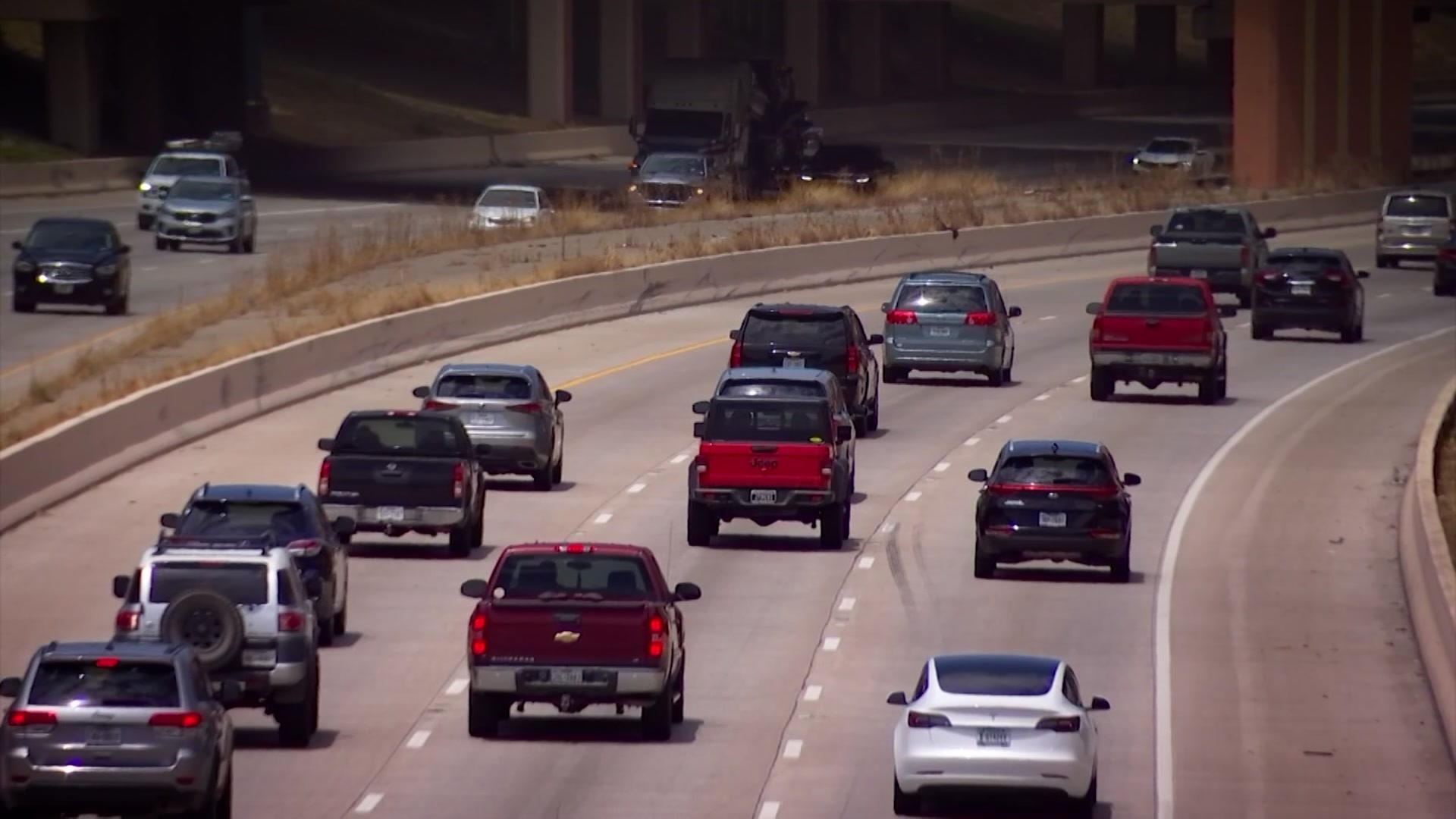Gov. Ned Lamont said he is now looking at a plan to charge tolls to both trucks and passenger cars after saying only trucks would pay tolls during the campaign.
Governor Ned Lamont's Chief of Staff took time on a Sunday afternoon to speak with reporters to explain what led to the Lamont Administration laying out two paths for tolls on the state's highways, which could end up breaking a campaign promise just months into his time running the state.
Ryan Drajewicz, Lamont's Chief of Staff, said his goal is to "lower the heart rate about this."
In an op-ed in Hearst Connecticut Media newspapers, and in a video posted to his official social media accounts, the governor laid out his vision when it comes to tolls, proposing two different paths: tolls for trucks only, and tolls for all cars that travel on Connecticut's highways.
Lamont campaigned on a toll program for trucks and repeatedly ruled out tolls for all cars, which led to social media backlash, and harsh criticism from Republicans.
Drajewicz told reporters on a quickly organized conference call Sunday afternoon that,
"This is the start of a discussion, not the end," Drajewicz said in a quickly-organized conference call Sunday afternoon. He said the decision to pursue two paths on tolls was made because the governor believes it's the right thing to do.
"The politically expedient thing to do is to stick to what was said during the campaign, but this is the right thing to do," Drajewicz said. "Politics has nothing to do with this. This was the right decision based on the hard data."
Local
Drajewicz said there have been numerous meetings with Lamont's inner circle of advisers and budget writers on the topic of tolls. In looking at how they have projections showing truck tolls could bring in at most $200 million annually, while a wide scale toll program could bring in more than $800 million annually, Drajewicz says the decision was made to collect input on both toll ideas.
Connecticut is one of the only states along the Eastern edge of the United States that does not have any highway toll program.
Tolls were removed from the state's highways in 1989 in a gradual phase-out, after a deadly crash at the Stratford toll plaza on I-95 in 1983.
The reaction on social media and from politicians opposed to tolls was swift.
Republican Sen. Len Fasano, the Minority Leader in the Connecticut Senate called Lamont's announcement, "a disappointing step backward."
Former GOP gubernatorial nominee Bob Stefanowski also chimed in.
"I just don't understand how politicians get away with breaking an absolute promise within four months of making it," Stefanowski told NBC Connecticut.
Stefanowski was opposed to tolls in all forms, but also never articulated a vision for how he would propose to improve infrastructure if he were elected governor.
Drajewicz told reporters that the governor is looking to do what is best for Connecticut, and the politics of the decision are not going to prevent him from doing that.
"There's a difference between being in the campaign in the heat of debate and being in the governor's office," he said.



